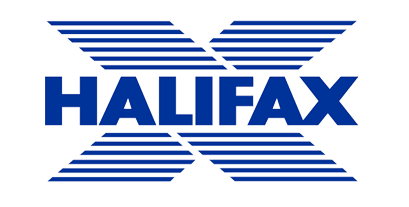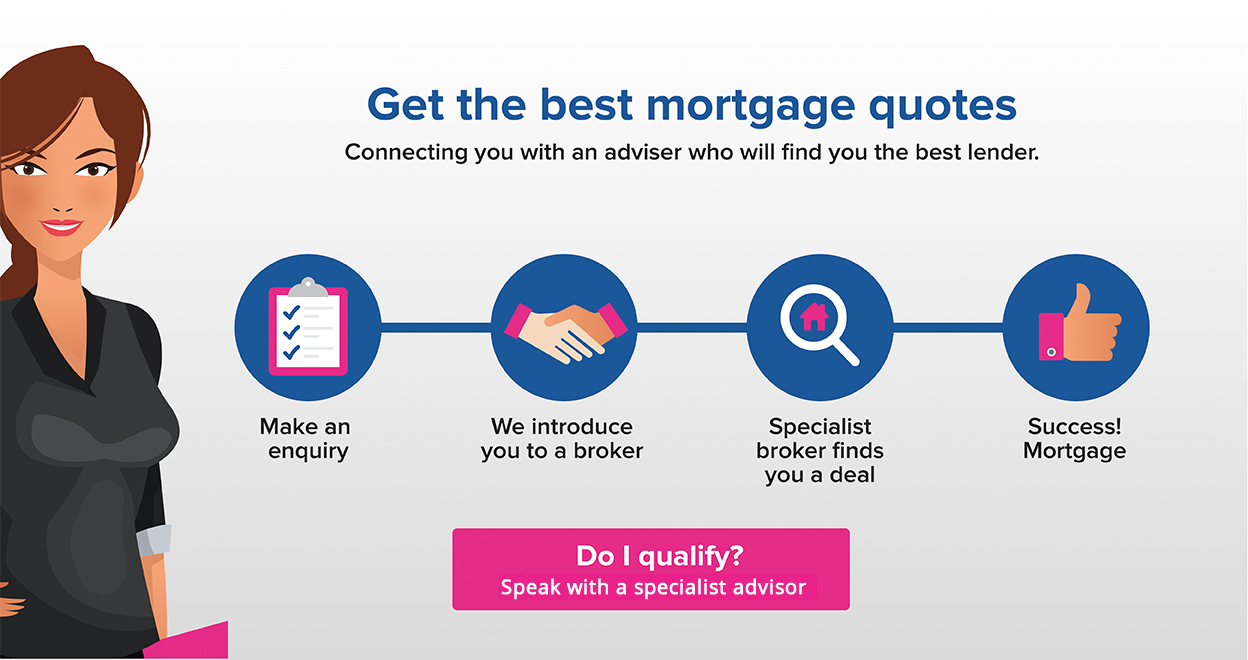When you own your house outright, it is still possible to remortgage if you want to raise extra funds. These are known as unencumbered mortgages because there are no loans or charges on the property. This is where you have been in a position to pay off your mortgage but now want to remortgage for some reason to borrow some of the equity in the property – you may want to consolidate some debts, renovate the property or even purchase a Buy to let property.
When you are mortgage free and want to remortgage, there are a few considerations that will be used to consider the case by the lender.







